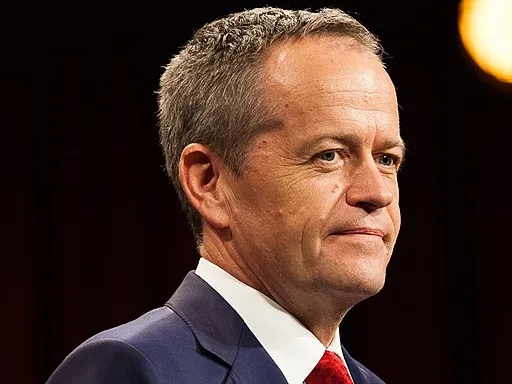NDIS Minister insists on the necessity of reforms as concerns arise over insufficient notice for funding updates
In the wake of significant changes to the National Disability Insurance Scheme (NDIS), Minister Bill Shorten has addressed criticism regarding the limited time participants had to adapt to a newly released list of approved supports. The changes, which take effect today, include specific stipulations on what participants can spend their funds on, causing unease among those relying on the scheme.
Shorten unveiled the finalised list just two days before its implementation, prompting concerns from various members of the disability community. Many have expressed frustration over the short notice, fearing they might inadvertently misuse funds and face financial repercussions. In response, Shorten asserted that he has been discussing the need to “straighten up the scheme” for over two years, insisting that many items on the updated list reflect existing standards rather than newly introduced restrictions.
“Let’s not pretend that somehow this is a list which has been created from nothing,” he stated during a press conference. He emphasised that the government had engaged in extensive consultations prior to releasing the list, gathering nearly 7,000 submissions from across the sector. These efforts were aimed at ensuring that the changes would improve clarity and reduce instances of fraud, misuse, and the exploitation of participants.
Embed from Getty ImagesShorten acknowledged the concerns raised about items like home batteries and generators—essential equipment for those who rely on ventilators during power outages—not being included on the list. However, he clarified that such items should be funded by state and territory governments. He encouraged participants facing urgent safety threats to contact the NDIS for support.
“I can’t keep driving by something which ultimately undermines the sustainability and trust in the scheme,” he remarked, highlighting the government’s commitment to maintaining the integrity of the NDIS.
The updated list is part of a broader reform initiative designed to enhance the NDIS’s efficiency while ensuring that funds are used appropriately. According to Shorten, while the scheme works effectively for many, the existing lack of clarity has opened the door to scams and non-evidence-based therapies that jeopardise its sustainability.
As the new regulations take effect, participants who require assistive technology or other household items not included in the list can still apply for funding if they can demonstrate value for money. This flexibility aims to ensure that essential needs are met while maintaining stricter guidelines to curb potential misuse.
The rollout of these reforms represents a crucial step in addressing longstanding concerns about the NDIS’s governance. For many, the stakes are high; the ability to navigate these changes successfully can mean the difference between receiving necessary support or facing unanticipated challenges.
Critics argue that the government should have provided more thorough guidance to participants in the lead-up to the changes. As conversations continue about the best way to implement these reforms, the balance between regulation and participant autonomy remains a pressing concern.
Shorten’s remarks underline a commitment to a more transparent and accountable NDIS, aimed at enhancing trust among users. While the current wave of reforms aims to clarify existing policies, it also underscores the complexities inherent in managing a system that supports such a diverse range of needs within the disability community.
As the disability community adapts to these changes, ongoing dialogue will be crucial in shaping the future of the NDIS. Stakeholders and participants alike hope that this new chapter in the scheme’s evolution will lead to improved services, increased transparency, and a more sustainable framework for those who rely on its support.
The NDIS reform journey is far from over, but with the government acknowledging the concerns and pledging to address them, there is hope for a more equitable system that better serves its participants. Bill Shorten’s commitment to refining the NDIS may just be the beginning of a much-needed transformation that prioritises the voices and needs of those it aims to support.
